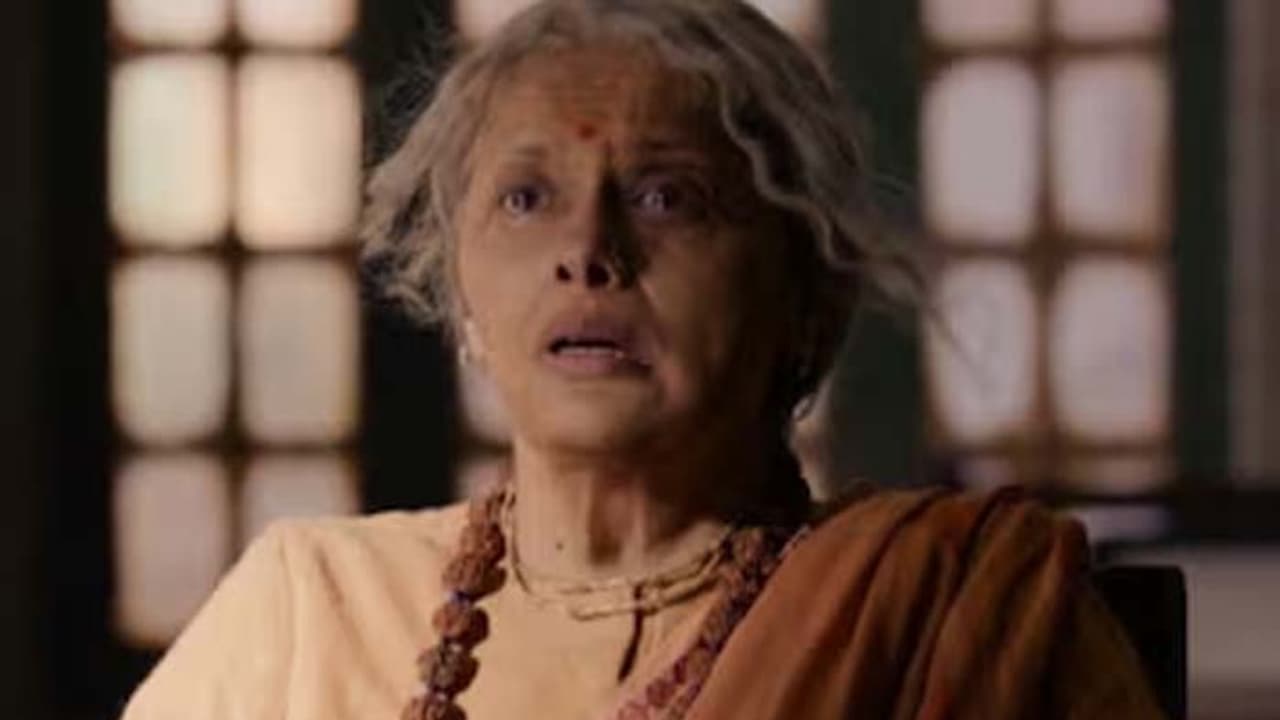The Bengal Files has landed in controversy after theatres in West Bengal refused to screen it. Producer Pallavi Joshi has now sought the President’s intervention, calling her the “final hope.”
National Award-winning actress and filmmaker Pallavi Joshi has written an emotional open letter to the President of India expressing concern after theatres in West Bengal allegedly refused to showcase her latest bollywood production, The Bengal Files.
Pallavi Joshi Seeks President’s Help as West Bengal Theatres Refuse Screening
In her emotional letter, Joshi addressed the president directly, calling her “final hope” for a justice course in ensuring freedom of creative expression. The producer expressed his disappointment that, even though the film cleared CBFC, there were blockades of that movie in West Bengal.
She alleged that theaters in the state were not entertaining that film, effectively silencing a creative work that had already been approved for public viewing. “This is a restriction on artistic freedom and audience rights. Why should a certified film remain unofficially banned?” Joshi argued.
The Bengal Files Controversy
The Bengal Files, by Vivek Agnihotri and under the I Am Buddha Productions banner, is purportedly concerned with sensitive political and social matters rooted in the history and governance of West Bengal. Following up The Kashmir Files, the movie was already on high expectations.
But because of the politically sensitive featured issues, the film has ignited debates and controversies. While supporters argue the film shines a light on neglected narratives, critics see it likely to spark unrest and create divisions.
Refusal by Owners of Theatres
Even so, according to reports, many theatre chains and independent cinema halls have failed to screen this bollywood movie. There was no official ban declared over the state; Joshi described the situation as a ‘silent blockade’, blocking the audience from enjoying the film.
She asked the President to intervene, noting that the constitutional right of a filmmaker to express his thoughts must not be compromised through indirect pressures or fear of backlash.
Pallavi Joshi’s Personal Payer for Artistic Freedom
Highlighting the battle faced by filmmakers who deal with bold subjects, Joshi asked for protection from political or social suppression. “If certified films are not shown, the reason for the censorship boards or even democratic values comes into question,” she wrote.
Her open letter also highlighted the emotional and financial investment behind such projects, stressing that denying screenings not only hurts creative liberty but also the livelihoods of countless people associated with the film industry.
The controversy surrounding The Bengal Files reopens debates about the thin line that defines artistic freedom and political sensitivity in Indian cinema. Like The Kashmir Files, this film stands to become a flashpoint of debates about censorship, political influence, and the right of audiences to choose what they want to see.
